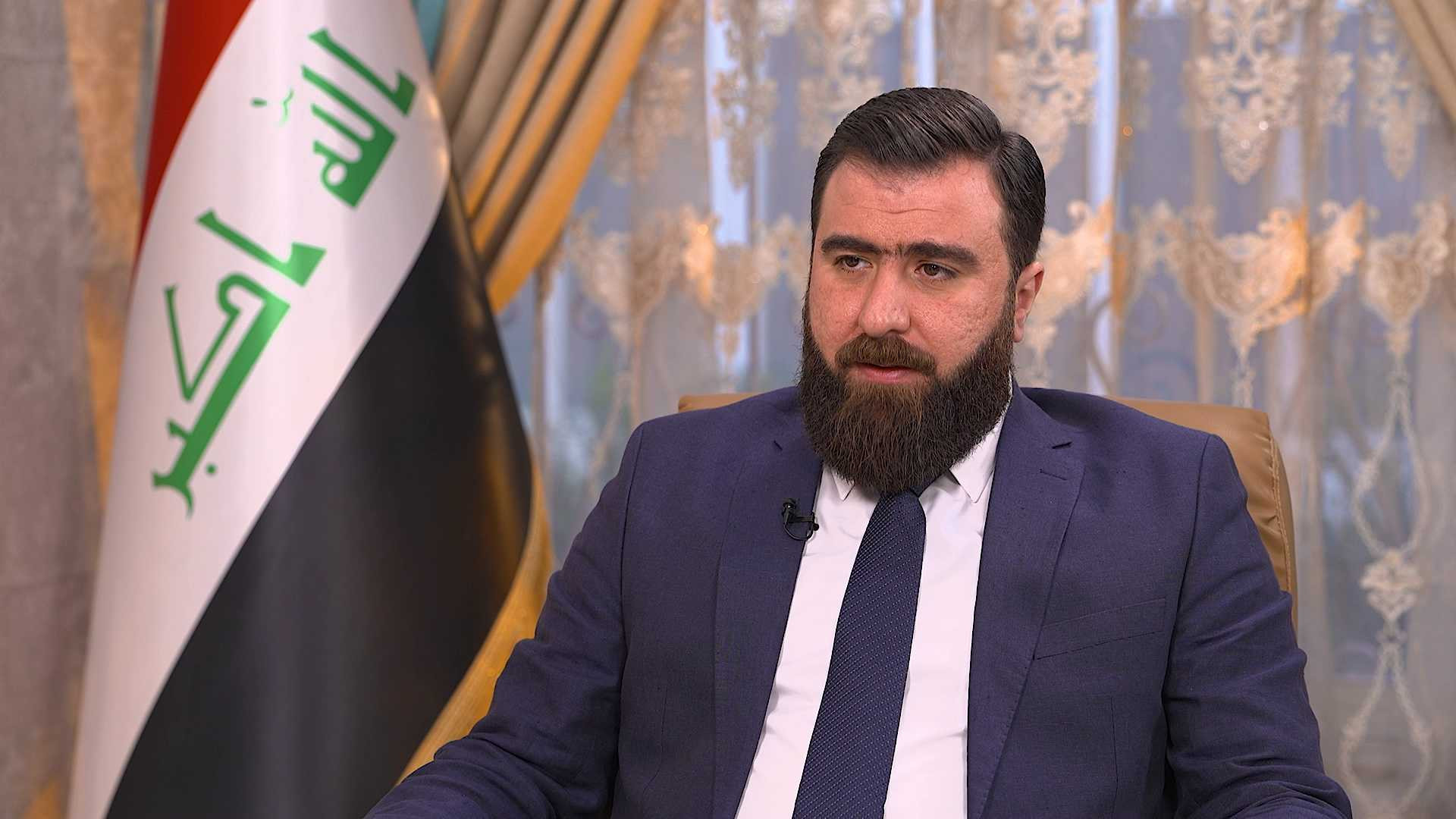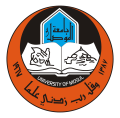MOSUL TIME RADIO
Voice of America accused the Babylonian Movement, led by Ryan al-Kaldani, of seizing the Nineveh Plain and acting on behalf of Iran, causing the displacement of Christian officials and mayors.
The American report said that the Babylonian Brigades, which it described as a Christian militia but includes members of Shiite Muslims and is strongly linked to Iran, is seizing towns in the Nineveh Plain, in the heart of Christian lands in Iraq.
The report quoted Nadine Maenza, head of the Washington-based Religious Freedom Organization, as saying that al-Kaldani, who is closely linked to Iran, has removed Christian officials in historical Christian towns in Nineveh, adding that al-Kaldani is working to install local leaders who agree with the Iranian vision for Iraq, and that al-Kaldani “portrays himself as a Christian.” According to Maenza, who recently visited Iraq, Chaldean took control of the Nineveh Council, enabled his candidates to win elections, and then began buying them off. She noted that he ousted 15 mayors and directors and replaced them with figures affiliated with him, adding that “he essentially took control of the Nineveh Plain, and there are no longer any Christian political leaders representing the component except in the Kurdistan Regional Government.” Maenza pointed out that local Christians hope that the Federal Court will issue a decision regarding Chaldean’s control over administrative units. Maenza wrote on the website of the American “Wilson Center” that if Chaldean continues his campaign, “it will lead to the removal of the last independent Christian mayors outside the Kurdistan Region and this will have a devastating impact on the historical Syriac, Assyrian, and Chaldean heritage in Bartella, Qaraqosh, and the Yazidi homeland in Sinjar.” The report quoted Mainza as saying that the actions of the Chaldean came after he succeeded last year in revoking the title of patriarch from Patriarch Cardinal Louis Sako, the head of the largest Chaldean Catholic Christian community in Iraq, while Sako accused the Chaldean of trying to seize Christian endowments and properties, a charge that the Chaldean denies and accuses Sako of being involved in.
The report continued that some Iraqi clerics, including the Chaldean Catholic Archbishop of Erbil, Bashar Warda, view the Chaldean positively, referring to a report in the Catholic magazine “The Pillar” that says that “his diocese received assistance from the Chaldean in construction and pastoral projects, as well as security assistance and political protection.”
After the report mentioned that the US Treasury imposed sanctions on the Chaldean in 2019 due to alleged human rights violations, it quoted American researcher Michael Knights as saying that the deals concluded by the Chaldean strengthened his position with the main political blocs that run Iraq and are supported by Iran. According to Knights, “Al-Kaldani has lent his support to a range of pro-Iranian political forces in Iraq to secure their own appointments,” adding that “many people are angry about Al-Kaldani’s rise, as he has very weak credentials to claim leadership of the Christian community in Iraq or control their property.”
Mainza also called for re-implementing electoral rules in Iraq to protect the political representation of Christians, Yazidis, and other religious and ethnic minorities in parliament, so that only members of minorities can vote to represent them.
The report noted that Al-Kaldani’s party won four of the five seats in the Iraqi parliament allocated to Christians in the last elections, as its candidates were supported by Shiite forces.
For his part, Knights called on the United States, the European Union, and the Christian community around the world to work to tighten sanctions on Al-Kaldani, whether by targeting his assets abroad or by limiting his ability to travel, as another step to curb his influence and Iran’s growing hegemony.






